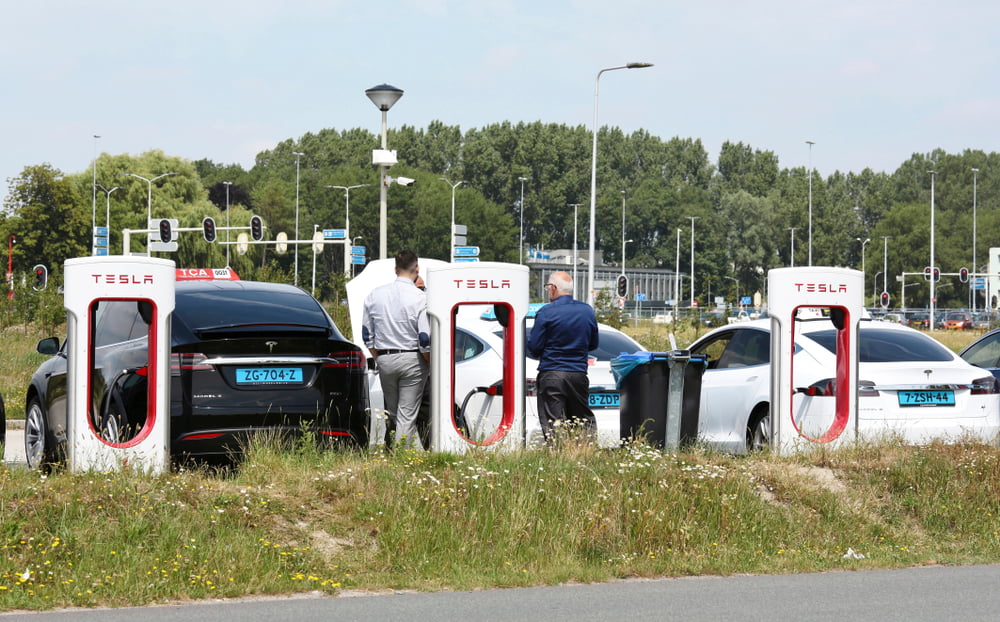For the purpose of monitoring the supply, the State Secretary of Finance Menno Snel has now made contact with relevant parties, including the Ministry of Health, Welfare and Sport, the Ministry of Infrastructure and Water Management, Rijkswaterstaat and the Municipal Network for Mobility and Infrastructure (GNMI).
In addition, contact was made with Royal Dutch Transport (KNV). From these conversations it emerged that for taxi transport with regular street taxis and passenger vans there seem to be sufficient very economical and emission-free alternatives. After all, the range of electric cars is good and increasing.
Limited availability of taxi vans with wheelchair spaces.
For specific taxi vans with wheelchair spaces, the first insights are that the supply of highly efficient or emission-free vehicles is more limited, but available. For example, it is possible to make the electric Volkswagen E-Crafter, the Nissan Evalia E-NV200 and the Mercedes eVito suitable for transporting people in a wheelchair.
The purchase costs of these vehicles are higher, at the same time the consumption costs can be lower due to lower maintenance costs and because electric charging is in most cases cheaper than driving on petrol or diesel. These fully electric alternatives to wheelchair transport have a range of about 150 km per battery charge.
It is also important for many taxi operators that the total weight of the vehicle does not exceed 3500 kg, otherwise a different type of driver's license is required for the driver. A regular B driving license is then no longer sufficient. The weight of the battery may result in the number of wheelchair spaces in an electric vehicle being lower, for example two instead of three, to remain below 3.500 kg. For the treatment of the 2020 Tax Plan, the Cabinet will return in more detail to the offer of very economical and emission-free vehicles for target group transport.
BPM due on first registration of a new vehicle.
The abolition of the BPM refund for taxis and public transport by 2020 means that BPM is due when purchasing and first registering a new vehicle. The measure does not affect the existing fleet, but only the purchase and registration of a new vehicle. This measure also does not oblige taxi operators to replace vehicles. It is up to individual taxi operators to determine, at a natural replacement moment, on the basis of their specific business case, which vehicle is best to purchase from 2020.
Also read: Abolishing the return of BPM taxis has major consequences, according to CE Delft



